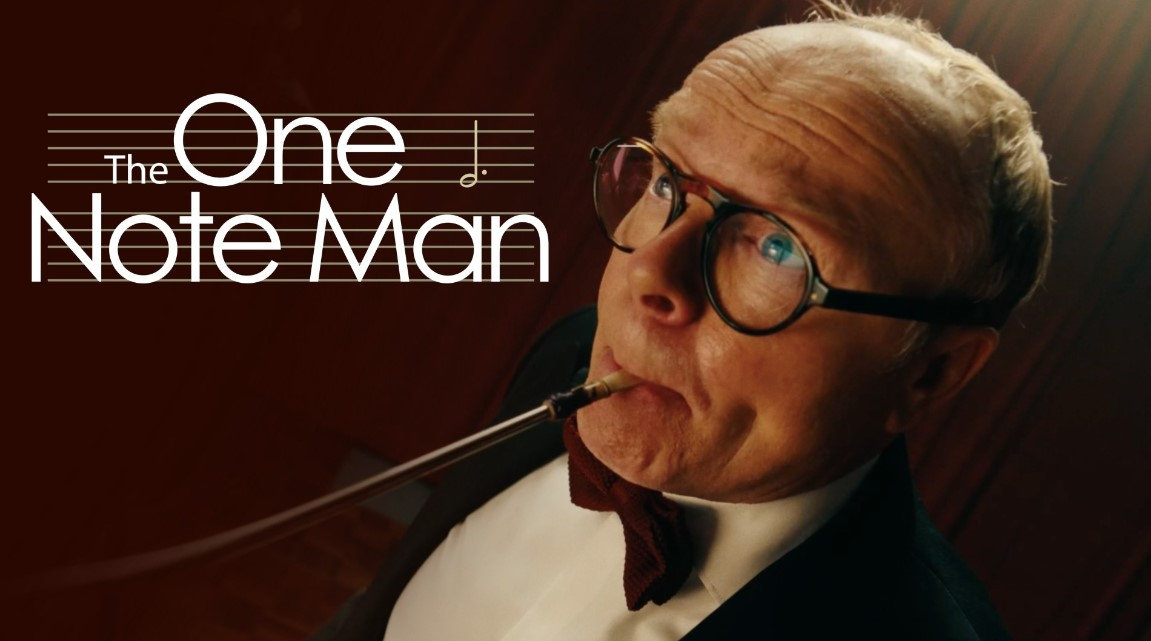I had the highest privilege of sitting down with the star of Solo: A Star Wars Story, Cocaine Bear, and Oppenheimer Alden Ehrenreich in an exclusive interview. He currently has a short film coming out called Shadow Brother Sunday that he wrote, directed and starred in.
Richard: Where are you from and where did you grow up?
Alden: I grew up in the Westside of Los Angeles.
Richard: How did you get started in the business of acting?
Alden: When I was, I was always acting when I was a little kid. I was always in plays. I was always doing différent musicals and when I was in Middle school I went to a different school that had a great performing arts program called Crossroads and I was doing a lot of theater there and I was doing a lot of filmmaking and we had a great video production teacher named Billy Robertson and we would do these little videos and go see movies and that’s where I really met a bunch of other kids that loved movies and it elevated our whole conversations.
Richard: Tell us more about your latest project Shadow Brother Sunday.
Alden: This is a short film that I wrote and directed and acted in. It’s about the older brother of this young movie star who is a failed musician. He’s kinda had a hard time and he’s living in his car and he has come back to his family’s house on the day of his younger brother’s big movie premiere to take the younger brother’s computer and sell it to the paparazzi because he needs money, but it’s really about his relationship with the family and more broadly than that, it’s about the people that fall through the cracks of a success festival.

Alden Ehrenreich in his latest film
(See Video for the rest of interview)







